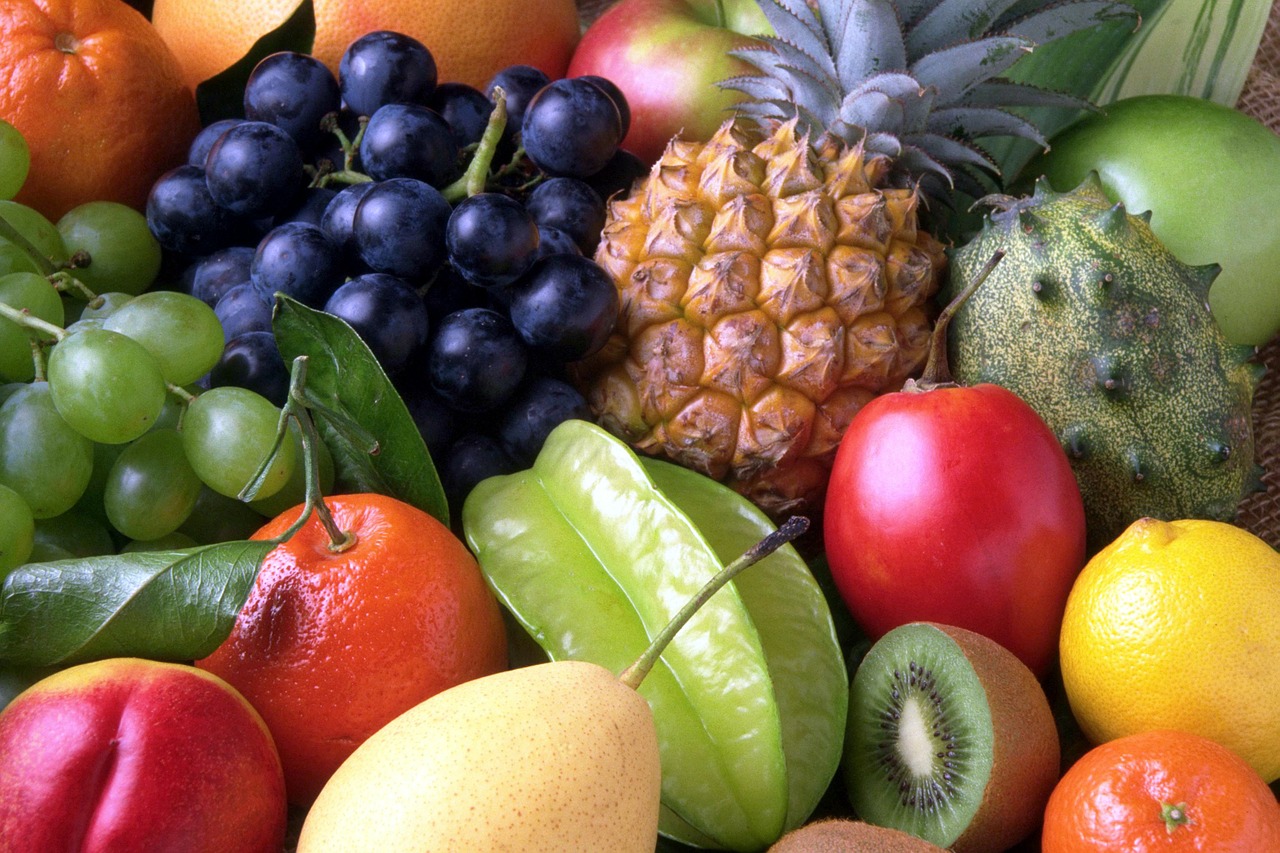When it comes to weight loss, it might be apparent to some that not all foods are created equal, but as it turns out, not all fruits and vegetables are either.
Those looking to shed some pounds or merely keep the weight off while still eating healthy might look towards vegetables such as corn and peas, but according to new research conducted by a team of Harvard scientists, high starch vegetables such as corn and peas might not be the best route, as the researchers discovered a link between starchy vegetables and weight gain.
Non-starchy vegetables on the other hand, such as broccoli and cabbage, might actually help with weight loss, as the researchers found that as the consumption of such vegetables rose, the risk of excessive weight gain went down.
The researchers, who published the findings of their study in the journal PLOS Medicine, examined the diet habits and weight changes in over 133,000 men and women over the course of as many as 24 years and found that eating more fruit and specific vegetables to be linked to weight loss.
The team of scientists also found that the consumption of high fiber, low glycemic load foods — such as cauliflower and kale — to be associated with greater weight loss than high glycemic load foods such as carrots.
While the findings can’t prove a cause-and-effect relationship, the researchers claim that the study might “provide further food-specific guidance for the prevention of obesity, a primary risk factor for type 2 diabetes, cardiovascular diseases, cancers and many other health conditions,” HealthDay News reported.
As for fruit, the team of researchers — led by Monica Bertoia of the Harvard University School of Public Health and Brigham and Women’s Hospital — found that berries exhibiting a low glycemic load appear to be the most beneficial in regards to keeping the extra weight off.
A study conducted by researchers at the Centers for Disease Control and Prevention (CDC), which was published earlier this year, found that less than 15 percent of the adult population in the United States is getting enough fruits on a daily basis and even fewer adults are getting their daily helping of vegetables — based on federal recommendations.
























